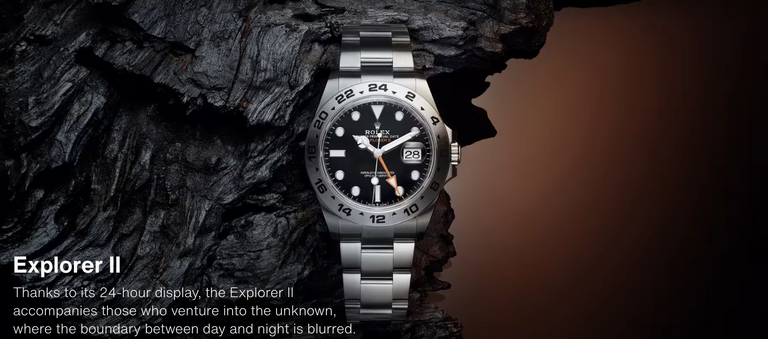In the world of high-end timepieces, the debate between owning a luxury watch and finding true contentment has long been a topic of discussion among watch enthusiasts and investors alike. As we navigate the complex relationship between material possessions and personal fulfillment, it's worth examining the various perspectives on this intriguing subject.

The Allure of Luxury Watches
Luxury watches have long been seen as symbols of success and status. For many, owning a prestigious timepiece like a Rolex or Patek Philippe is a tangible representation of their achievements. The psychology behind this desire is multifaceted:
- Social Signaling: Wearing a high-end watch can communicate one's economic status and taste to others.
- Personal Reward: The act of purchasing a luxury item can activate the brain's reward centers, creating a sense of pleasure and satisfaction.
- Identity Expression: Luxury fashion, including watches, allows individuals to express their personal style and values.
The Counterargument: Simplicity and Contentment
On the other hand, some argue that the pursuit of luxury items can lead to a never-ending cycle of comparison and dissatisfaction. Charlie Munger, the late business partner of Warren Buffett, was known for his wisdom on achieving happiness through simpler means:
- Manage Expectations: Munger believed that having low expectations is key to a happy life.
- Avoid Envy: Comparing oneself to others, especially in terms of material possessions, can lead to misery and poor investment decisions.
- Focus on Gratitude: Instead of resenting what one doesn't have, Munger advocated for appreciating what one does have.
The Luxury Watch Industry in Changing Times
Despite philosophical debates, the luxury watch industry continues to thrive, even in the face of economic uncertainties. Several factors contribute to this resilience:
- Shifting Target Demographics: As the purchasing power of the traditional middle class declines, luxury brands are focusing more on high-net-worth individuals.
- Perceived Investment Value: Some buyers rationalize their purchases by viewing luxury watches as potential financial assets.
- Evolving Status Symbols: The message conveyed by wearing an expensive watch has shifted from "I can waste money" to "I make smart financial decisions".
Finding Balance: Personal Choice and Happiness
Ultimately, the decision to purchase a luxury watch should be a personal one, based on individual values and circumstances. Here are some considerations:
- Self-Awareness: Understand your motivations for wanting a luxury watch. Is it for personal enjoyment, status, or perceived investment value?
- Financial Responsibility: Ensure that a luxury purchase aligns with your overall financial goals and doesn't compromise your long-term financial health.
- Happiness Factors: Consider whether the joy of owning a luxury watch outweighs the potential stress of maintaining and protecting it.
Conclusion: The Path to Contentment
Whether you choose to wear a Rolex or a Casio, the key to happiness lies not in the watch itself, but in your relationship with material possessions and your overall life satisfaction. As we navigate the world of luxury goods and investments, it's essential to remember that true contentment often comes from within, rather than from external validation or material acquisitions.
In the end, the most valuable investment may be in experiences, relationships, and personal growth – areas that no watch, no matter how luxurious, can fully capture on its dial.
¡Queremos leerte!
Entra y publica tus artículos con nosotros.
Vota por el witness @cosmicboy123